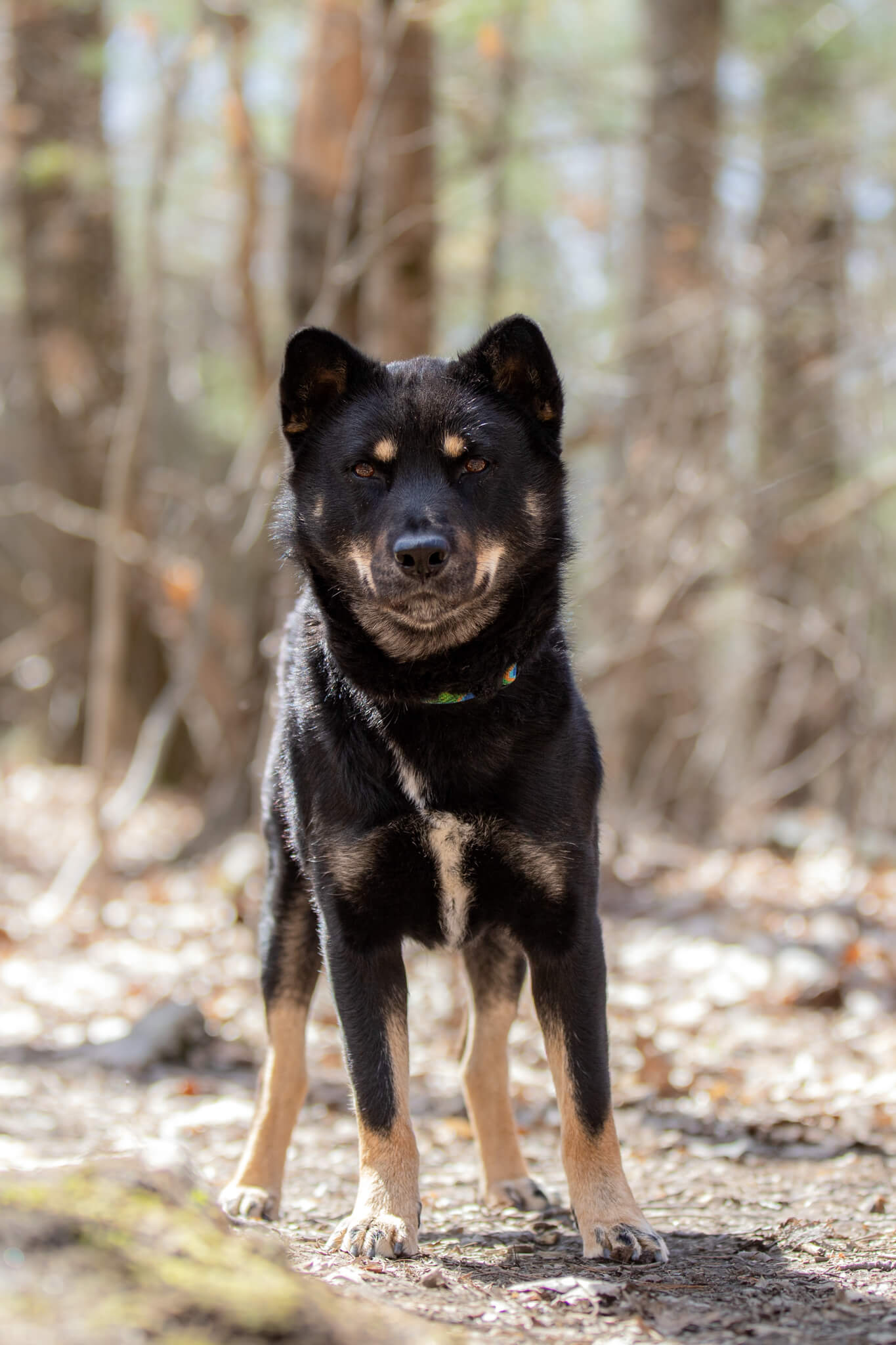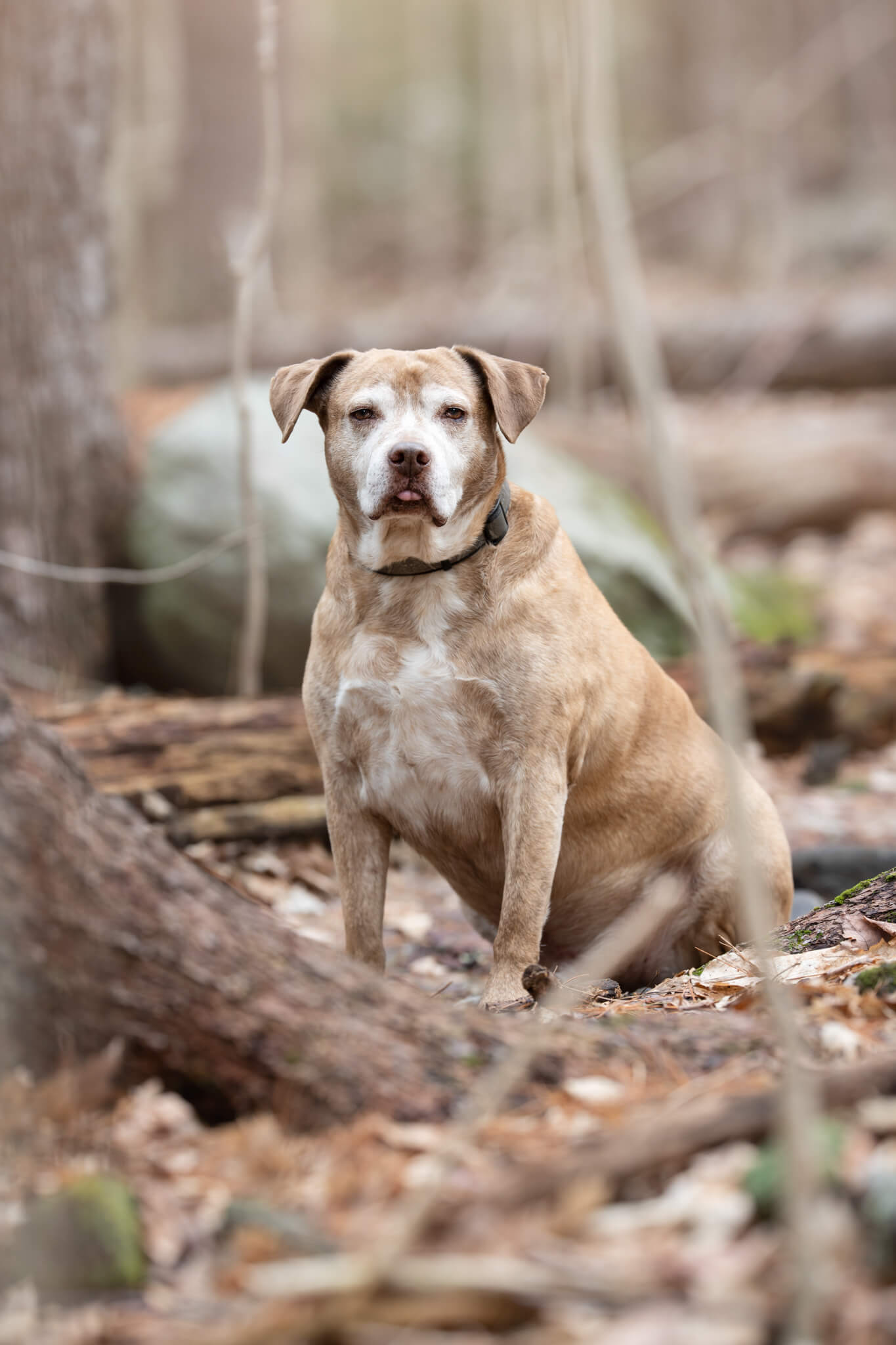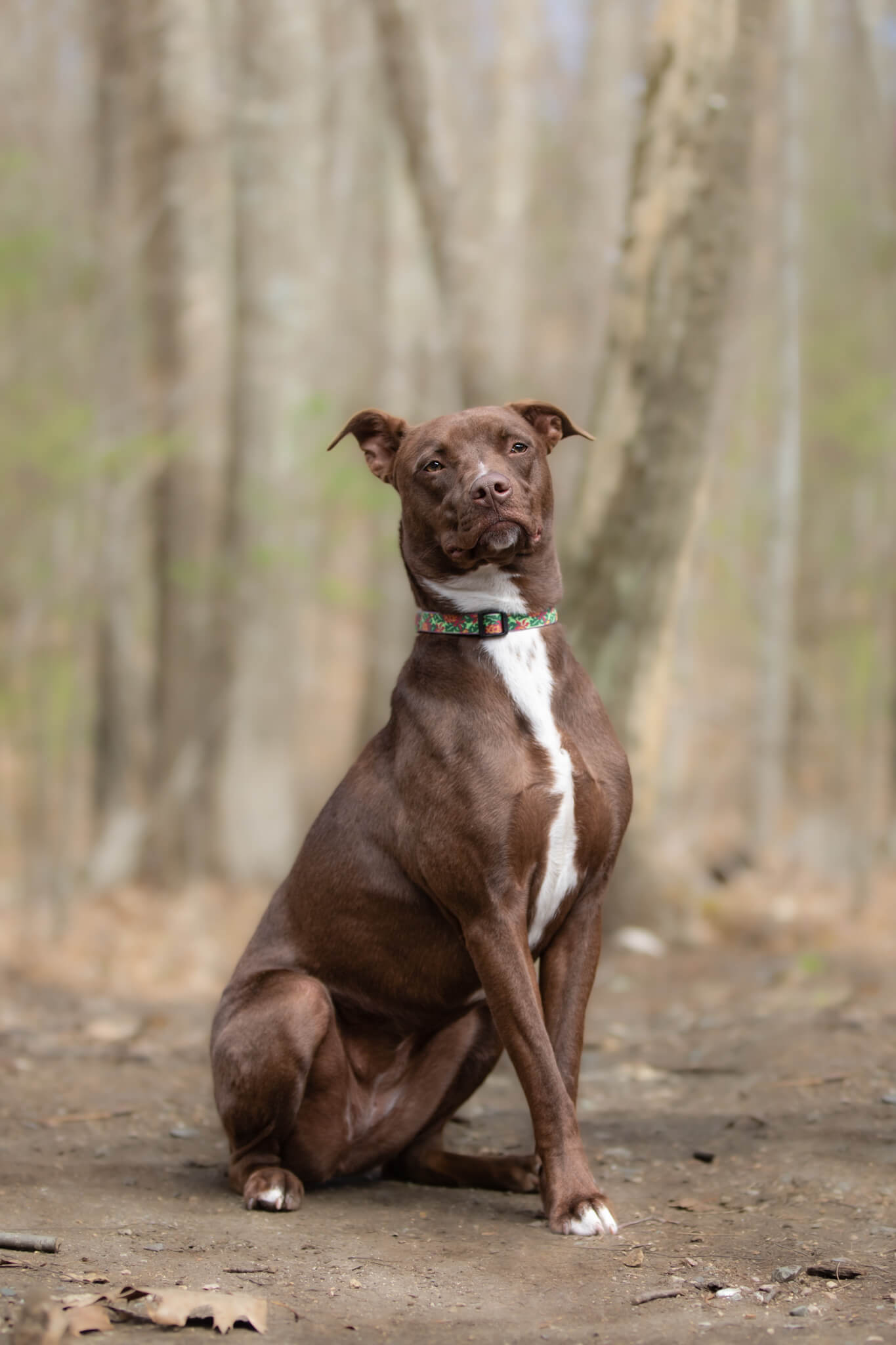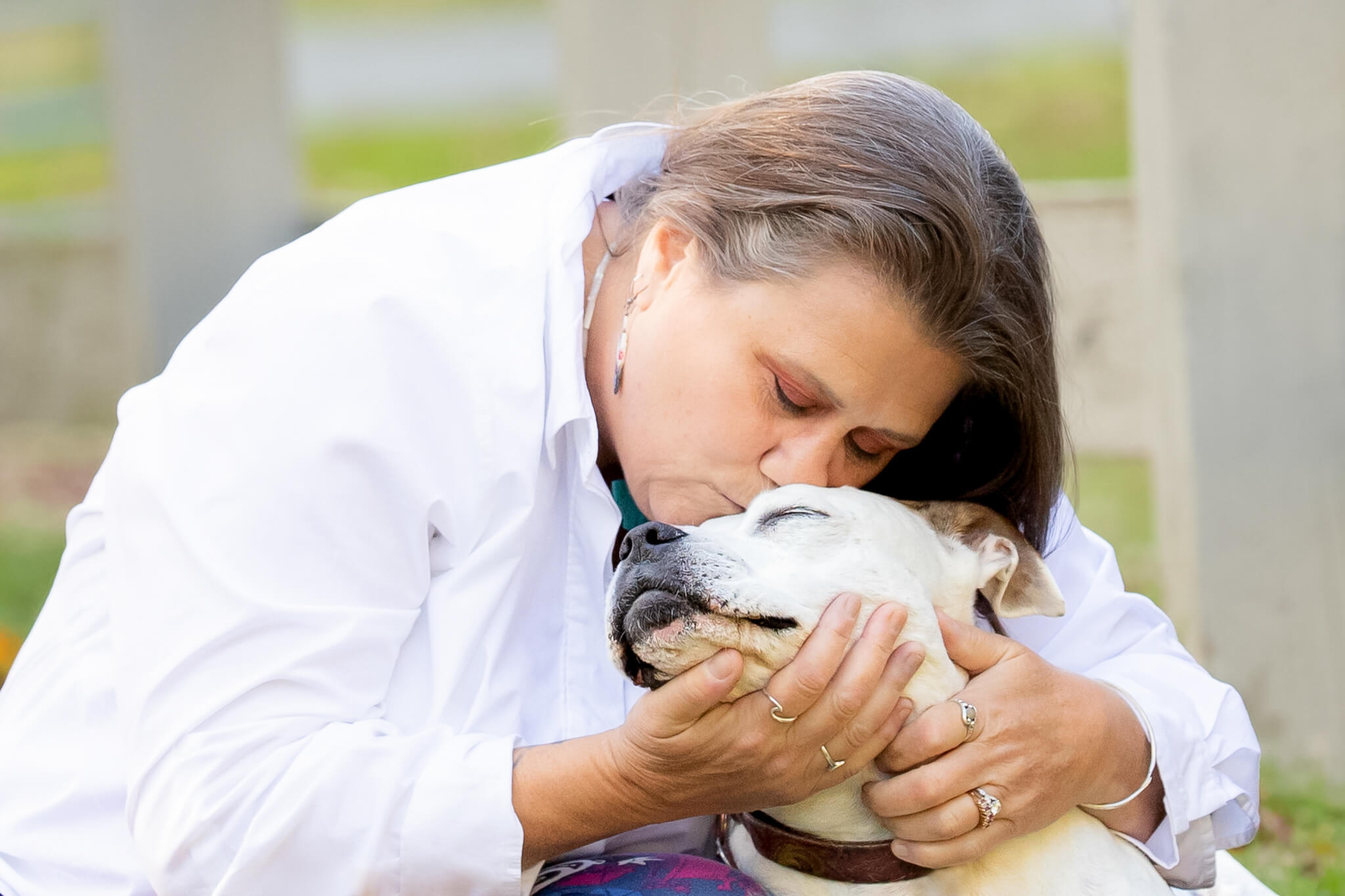When you are searching for your new furry family member, you will often have to fill out many applications at various shelters and rescues. The application process can seem daunting with the millions of questions they ask you not just when filling out the application but during the interview process. During the interview, they want to get to know more about you and your lifestyle. But they shouldn’t be the only ones asking questions. It’s essential for you to have a list of questions too. Below are some great questions to ask when adopting a dog from a rescue or shelter during the interview process.
Important Questions to Ask When Adopting a Dog

Health Questions to Ask When Adopting a Dog
Any rescue dog you are interested in adopting should have received their age-appropriate vaccines, be heartworm negative and dewormed, have been spayed or neutered, and not have any current treatable diseases such as coccidia or giardia. Generally, most adoptable dogs will already be microchipped with the rescue or shelter’s information. You will just need to update the info after adoption.
If you are going to get pet insurance for your pup you will need to know about any past medical issues that may reoccur. These things will not be covered by any pet insurance company as they are considered pre-existing conditions. Read more about pet insurance and pre-existing conditions here. It’s important to think long-term. While anything can happen with any pet, knowing the medical history will help in planning for future expected expenses.
- Does the dog have any allergies? Food or environment?
- Check the dog in person for red eyes, ears, and skin. This can be a sign of allergies which could mean monthly injections, prescription foods, or other specialized care.
- How often have they needed their ears cleaned? Have there been any ear infections or a need for a vet to do deep ear cleaning?
- Does the dog have any permanent medical needs?
- Has the dog ever had any surgeries before? What for and how does this affect future care?
- How are the dog’s teeth?
- Dental surgeries and teeth scaling can get costly. The dog’s teeth should be checked at their initial vet visit with the rescue or shelter.
Questions About the Dog’s History
- How did the dog come into the shelter or rescue?
- How long have they been in your care?
- Have they been returned to the shelter or rescue? Why?

Energy Level Questions to Ask When Adopting a Dog
Knowing the dog’s energy level is essential to being a good fit. A dog that does not get enough exercise and mental stimulation can become destructive in the home. Often chewing on things, they shouldn’t out of boredom.
- How long are their walks? And how much energy do they still have after their walks?
- Have there been any destructive behaviors in the foster home or previous home if they have missed a walk and were let in the yard instead?
- How much exercise does this dog need?
- Is this a couch potato or a dog for a marathon runner?
- Make sure to let the organization know your exercise levels and see if the dog can keep up or be chill enough for your lifestyle.
- Do they settle down when the playing is done, or do they keep trying to get you to engage?
Behavior Questions to Ask When Adopting a Dog.
Often the rescue or shelter will already list on the dog’s description if they have been tested with other dogs, kids, and cats. Great rescues will list resource guarding, separation anxiety behaviors, and any other behavior concerns within the descriptions. Doing so helps them spend less time disqualifying potential adopters and spend more time focusing on other essential tasks needed to run a rescue.
- What aged children has the dog been around?
- Have they had any bite incidents?
- Are they afraid of thunder, fireworks, power tools, motorcycles, vacuum cleaners, or other loud noises?
- Are they afraid of, bark at, or lunge at, anything? Cars or bicycles, children, or other dogs?
- Do they chase squirrels or cars or anything else while on a walk?
- Have there been any signs of separation anxiety?
- Any signs of resource guarding?
- Do they need a quiet home, or would they do okay with a loud or chaotic family?
- Do they let you touch their ears, paws, and body without issue?
- Can you trim their names and clean them and bathe them without issue?
- What is their barking level? Do they bark at every leaf that floats by or only when someone comes to the door? Perhaps not at all?

Questions About Trainability and Known Commands
Unless you are adopting a puppy, most older dogs generally know how to at least sit. Some have come from the streets and need training. Some have lost their owners due to reasons not their own, like severe allergies of a new baby, death of an owner, or displacement due to fire. A lot of these dogs do know basic commands and come into shelters or rescues with more extensive knowledge of their training, behaviors, and personality. How much time and effort are you able and willing to put into your new dog’s training? If you have health concerns, you may not be able to handle a large breed dog that doesn’t walk well on a leash but one that doesn’t pull could be your perfect match.
- How well does the dog walk on a leash?
- Are they more food or toy motivated?
- Have they learned any new commands since coming to you?
- How stubborn are they with training?
- Some breeds will test you like a toddler in a candy store!
- What commands and hand signals do they know?
- Do they walk well when walking with other dogs?
- Have they had any formal training classes? Was it for basic obedience or a behavior issue?
- Do they know any tricks?
- Are they counter-surfers?
- Are they known to get into the trash?
- Are they known to choose kids’ toys to chew over their own dog toys?
Potty Training Questions to Ask When Adopting a Dog
- Is the pup fully potty trained? If not, how often do they have accidents?
- How often should you be taking the dog outside?
- This varies with the age and size of dogs and how far along they are with potty training.
- What are the training methods currently being used to potty train?
- Some pet parents do not want a dog who uses pee pads at all. While it is considered potty trained this could affect your decision on whether they are the perfect fit for you.
- Are they trained outdoors or on a pee pad?
- Again, this may or may not matter to you. Perhaps you prefer pee pads as you live in an apartment with no yard. Or maybe you Don’t want the additional costs associated with pee pads and prefer outdoors only.
- If fully trained for outdoors, how do they tell you they have to go?
- Do they know how to ring a bell, do they go to the door, do they scratch the door, do they use a doggy door?

Questions to Ask About Crate Training
- Does the pup have any issues being in a crate?
- Have they broken out of a crate?
- Do they cry in the crate?
- Do they sleep in the crate or somewhere else?
Personality Questions to Ask When Adopting a Dog
- What are their favorite games and toys?
- Do they like to go for car rides? Do they get sick in the car?
- Do they like swimming, hiking, camping, car rides, agility, scent work, the ocean, or any other activities you like to do that you want to bring your dog to do together?
- Do they snuggle or want to have space?
- Are they a “Velcro dog” or independent? Somewhere in between?

Questions to Ask About After the Adoption
- What if it doesn’t work out? Will you take them back?
- Can I contact you for behavior questions or any concerns?
- Do you have a list of recommended trainers?
Keep in mind that shelters will know less than a foster parent with a rescue. And the longer a dog has been up for adoption the more information the shelter or rescue will likely know. It’s also important to understand that being in a shelter or moving into a new foster home is stressful for dogs. Their behaviors may be one way when they are there and first come into your home, but once they become comfortable with you and their new surroundings, who they really are starts to show. The shelters and rescues can only provide information about the dogs they have been given and witnessed. They won’t have the answers to all of the questions to ask when adopting a dog. A reputable organization will, however, wait to list the dog as available until they feel they have enough information to match them properly with the perfect home.
Questions To Ask When Adopting A Dog
Be sure to read the 3/3/3 Rule of Adoption to understand more about the time it takes for shelter and rescues dogs to adjust and the best ways to help them do so. After your new bestie has adjusted to their home be sure to reach out to celebrate your new family member with a photoshoot!
Red Flags When Adopting a Dog
